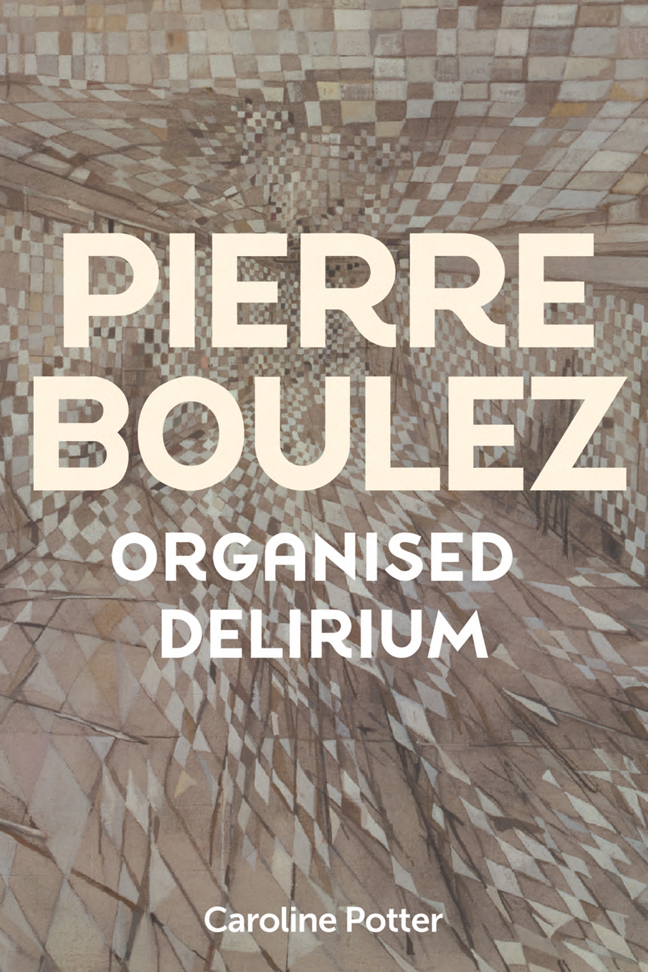Book contents
- Frontmatter
- Contents
- List of illustrations
- Acknowledgements
- Introduction: Organised Delirium
- 1 Surrealism in the 1930s and 40s
- 2 ‘A flayed lion’: Boulez as student
- 3 Serialism and surrealism: Boulez's instrumental music 1946–8
- 4 Fureur et mystère: the first versions of Boulez's René Char settings
- 5 The charm of numbers: continuing threads in Boulez's later music
- Select bibliography
- Index
Introduction: Organised Delirium
Published online by Cambridge University Press: 21 February 2024
- Frontmatter
- Contents
- List of illustrations
- Acknowledgements
- Introduction: Organised Delirium
- 1 Surrealism in the 1930s and 40s
- 2 ‘A flayed lion’: Boulez as student
- 3 Serialism and surrealism: Boulez's instrumental music 1946–8
- 4 Fureur et mystère: the first versions of Boulez's René Char settings
- 5 The charm of numbers: continuing threads in Boulez's later music
- Select bibliography
- Index
Summary
Pierre Boulez's Creative Output has usually been studied from a music analytical perspective in the context of serialism, but I contend that the French literary and broader intellectual context of his formative years was equally, if not more, important to his musical evolution. This study will uncover the crucial impact of this context on Boulez's emergence as a composer, enhancing our understanding of his work by connecting it with significant trends in contemporary French culture and refocusing Boulez studies away from detailed musical analysis and towards a more visceral, emotional response to his work.
The composer gives us some pointers in his important article ‘Propositions’ (1948), written the same year as his Second Piano Sonata and published in Polyphonie. The principal topic of this article is rhythm in music, and it ends:
I have a personal reason for giving such an important place to the phenomenon of rhythm. I think that music should be a collective hysteria and magic, violently modern – along the lines of Antonin Artaud and not in the sense of a simple ethnographic reconstruction in the image of civilisations more or less remote from us.
Rhythm, therefore, has magical properties, and it is impossible to read this passage without considering the central impact of Artaud on the young Boulez. ‘Hysteria and magic’ are perhaps not the words that immediately spring to mind with Boulez, given the popular view of him as a cerebral musical mathematician, but the overwhelming emotional impact of his early work is quite the opposite of dry and calculated. And the image of Boulez the mathematician is also misleading and perhaps relates more to his biography, specifically his school studies in advanced mathematics. Boulez's fixation with numbers in music – not only the number twelve associated with serialism – is not mathematical: rather, it is magical.
Boulez is a divisive figure whose reputation as the ‘angry young man’ of European modern music followed him for the rest of his long life. He was angry because music mattered hugely to him. Of course, this anger sprang from his rejection of the conservative French musical culture of his youth, from a desire to wipe the slate clean after the horrors of World War II, and surely also from his rejection of senior male role models, including his father who wanted him to train as an engineer.
- Type
- Chapter
- Information
- Pierre Boulez Organised Delirium , pp. 1 - 18Publisher: Boydell & BrewerPrint publication year: 2024



